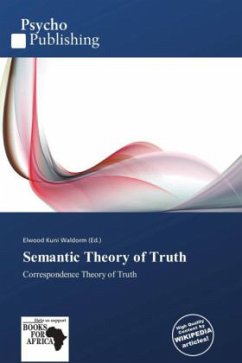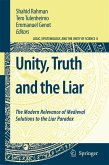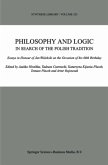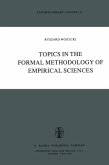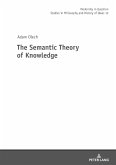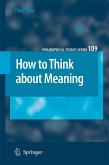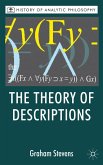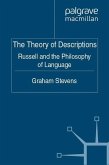Please note that the content of this book primarily consists of articles available from Wikipedia or other free sources online. A semantic theory of truth is a theory of truth in the philosophy of language which holds that truth is a property of sentences.The semantic conception of truth, which is related in different ways to both the correspondence and deflationary conceptions, is due to work published by Polish logician Alfred Tarski in the 1930s. Tarski, in "On the Concept of Truth in Formal Languages", attempted to formulate a new theory of truth in order to resolve the liar paradox. In the course of this he made several metamathematical discoveries, most notably Tarski's undefinability theorem using the same formal technique as Kurt Gödel used in his incompleteness theorems. Roughly, this states that a truth-predicate satisfying convention-T for the sentences of a given language cannot be defined within that language.
Bitte wählen Sie Ihr Anliegen aus.
Rechnungen
Retourenschein anfordern
Bestellstatus
Storno

